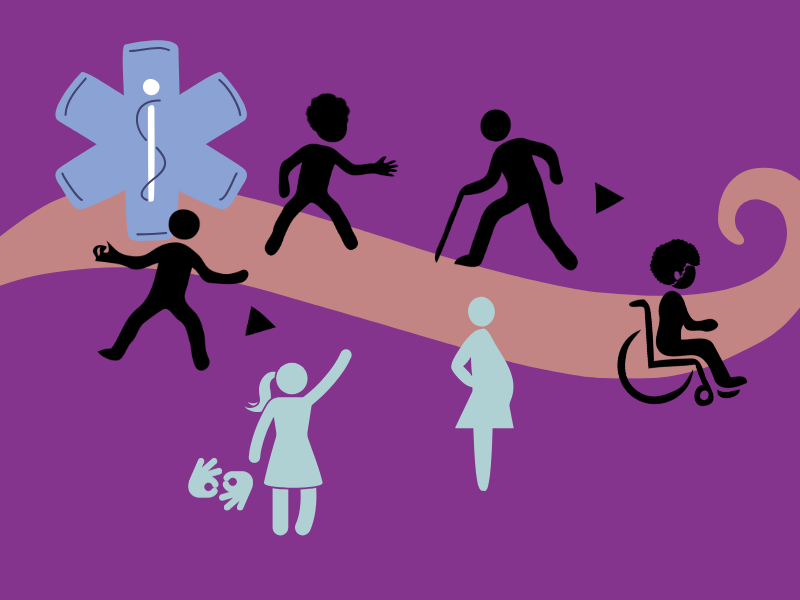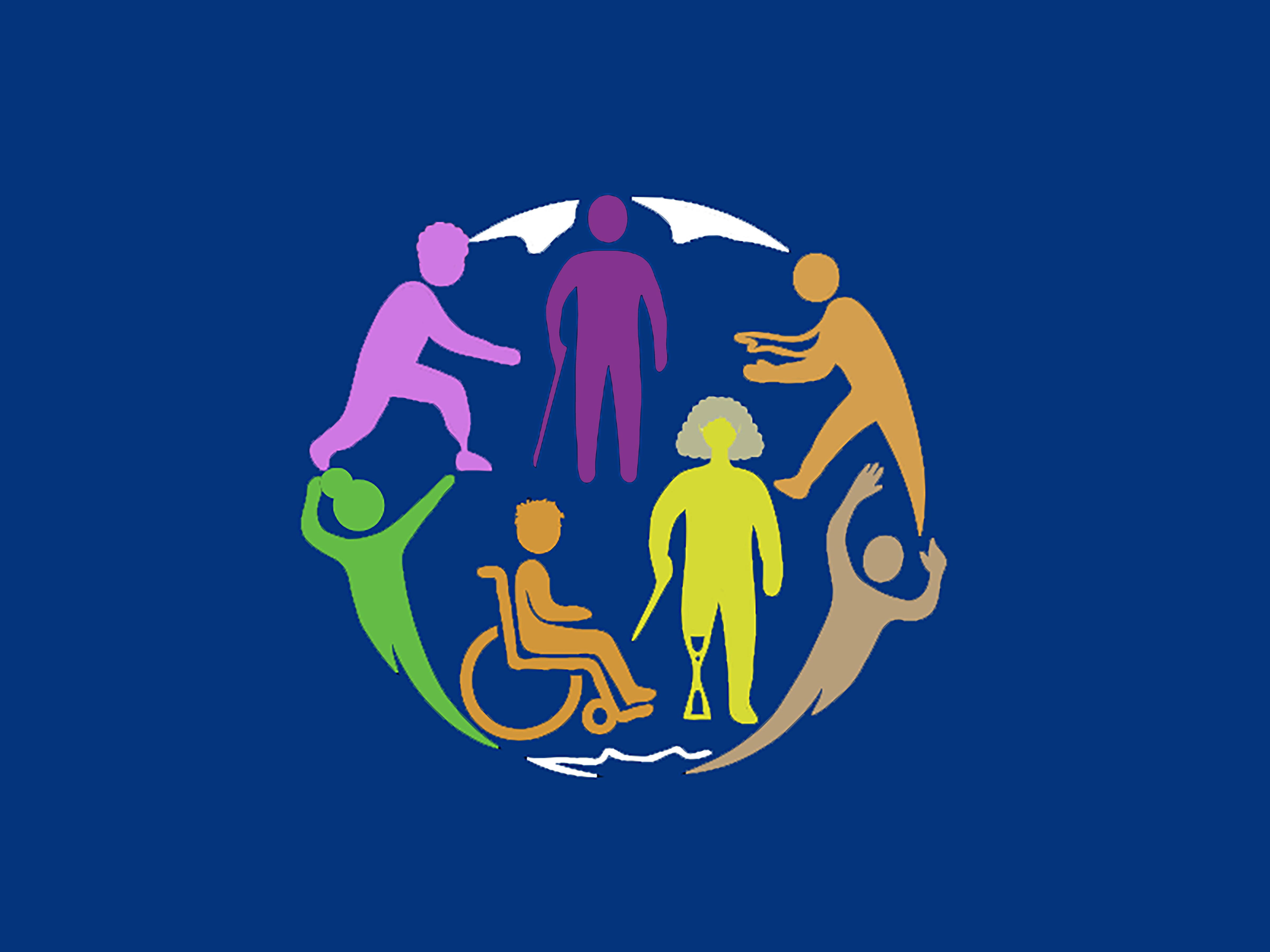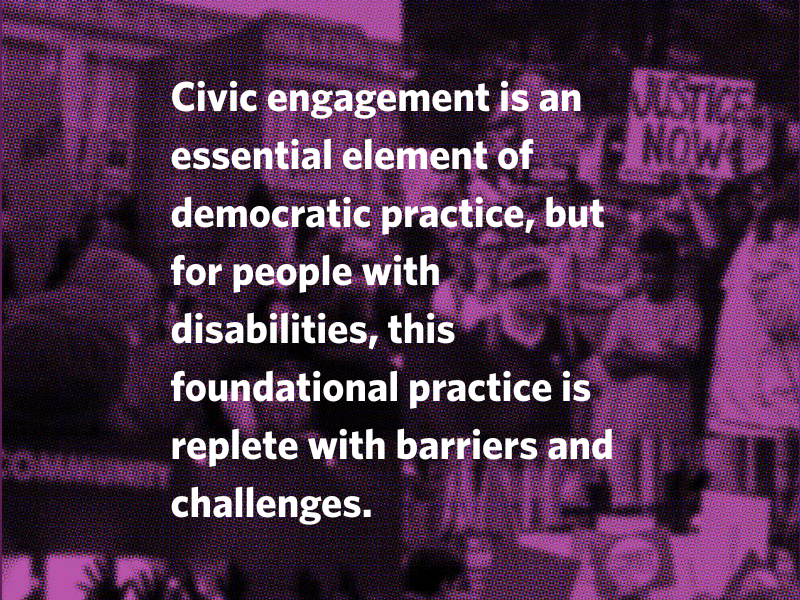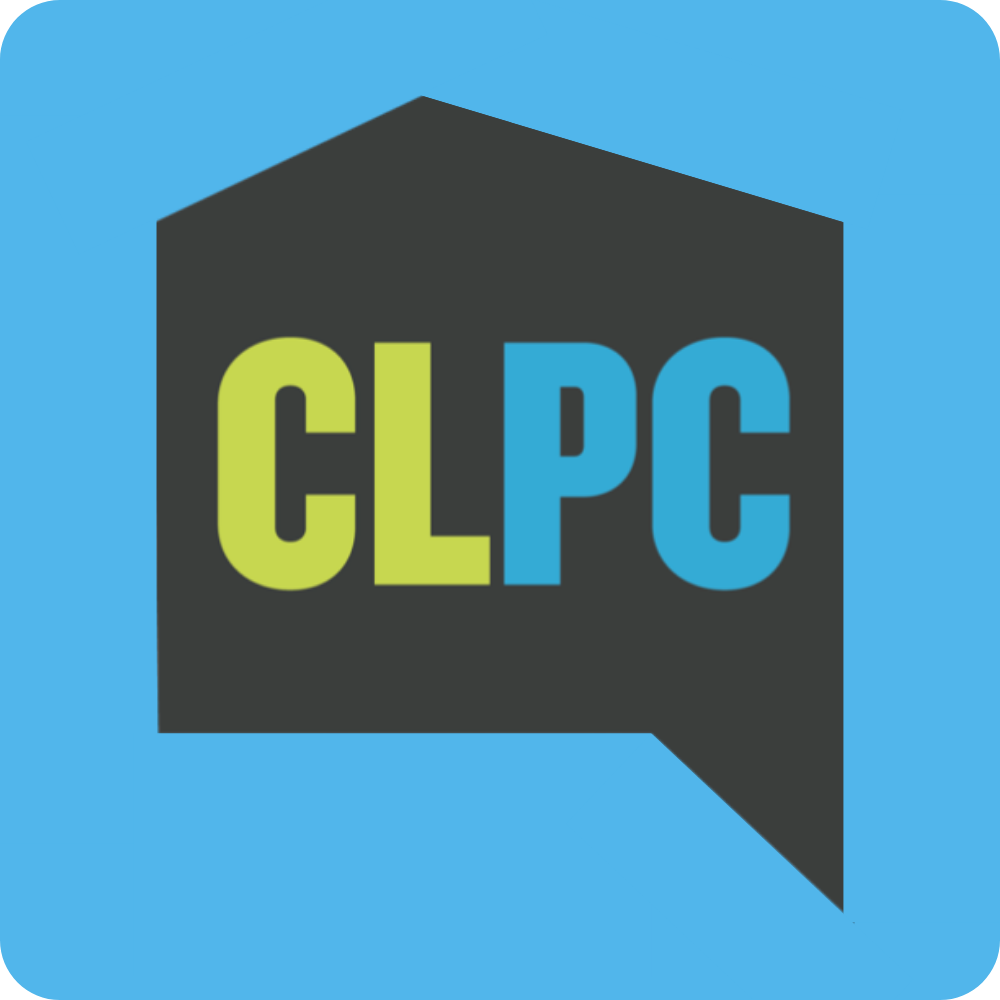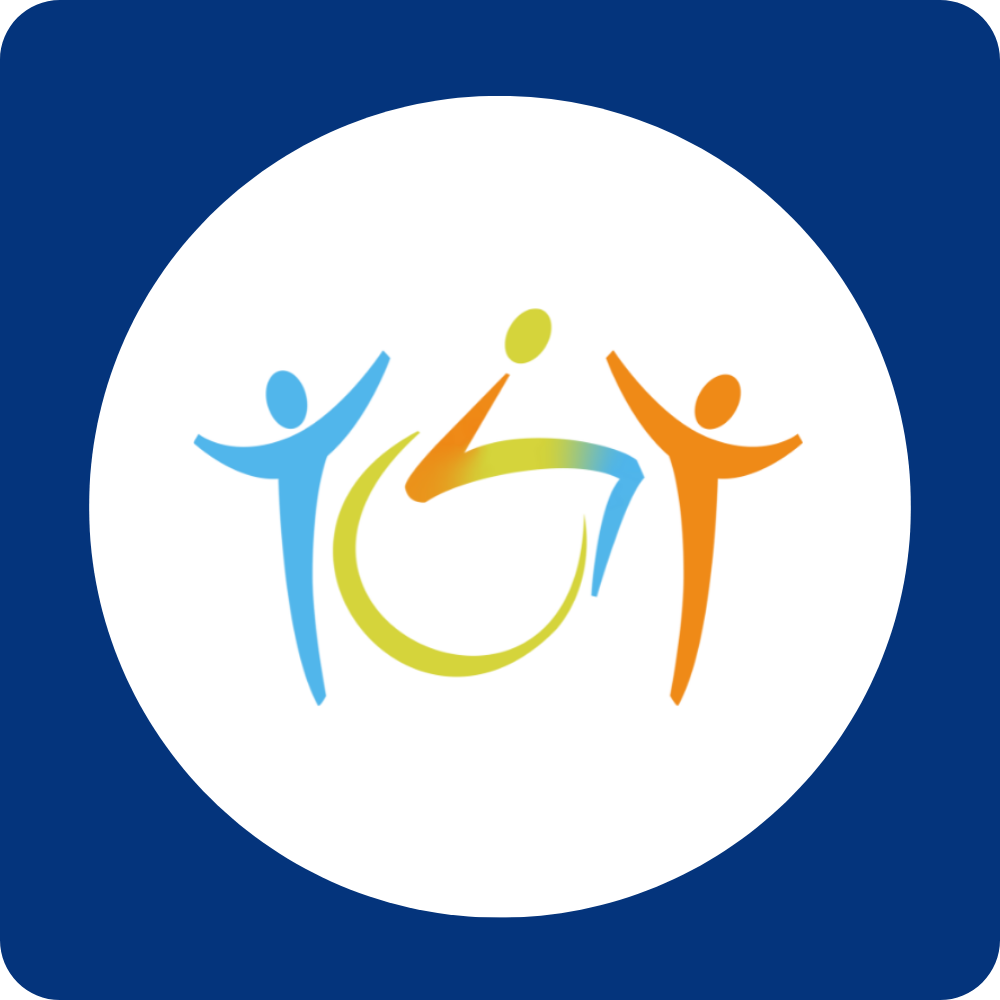The Lurie Institute for Disability Policy produces a wide variety of policy briefs and summaries. Most of our policy briefs and summaries are published on the websites of our federally funded centers. You will find links to those pages below. Here we compile in an easy to access format those policy briefs and summaries published exclusively by the Lurie Institute. These publications fall into two main categories:
(1) health and healthcare barriers and disparities experienced by people with disabilities;
(2) global disability and health policy related to people with disabilities.

